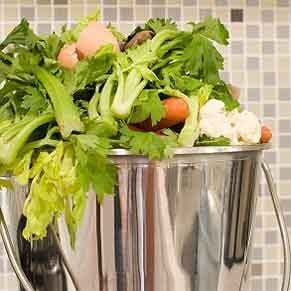
Don’t toss out those potato peels, banana skins and eggshells. All of these organic items can be composted, right in your own backyard.
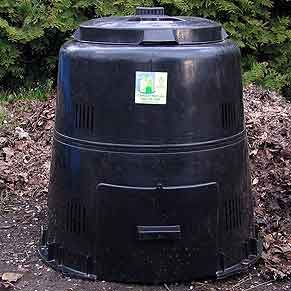
Shade or Sun?
Place compost bin in shade or sun. Keep area around the bin clear.
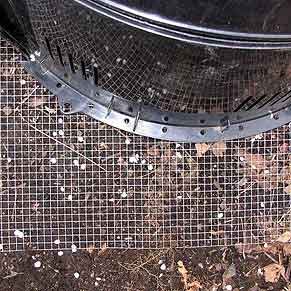
Wire Mesh
Place wire mesh under the bin to make it more rodent-resistant.
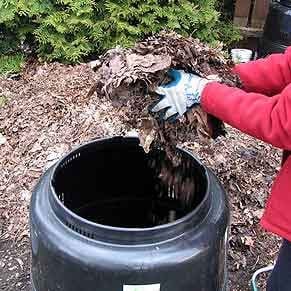
Leaves
Leaves are the MOST important ingredient. Layer with grass, weeds, food scraps.
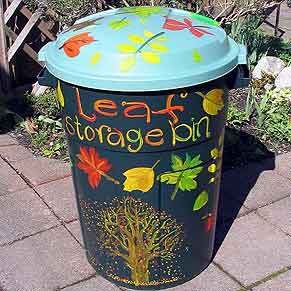
Old Garbage Bins
Use old garbage bins to store fall leaves. Collect lots of leaves!
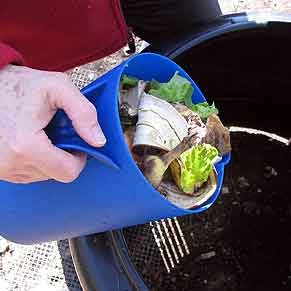
Food Scraps
Add food scraps: only raw fruit, veggies, coffee grounds, tea bags, egg shells.
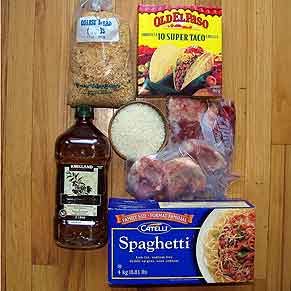
No Cooked Food
No pasta, rice, bread, meat, fish, oil… no cooked food.
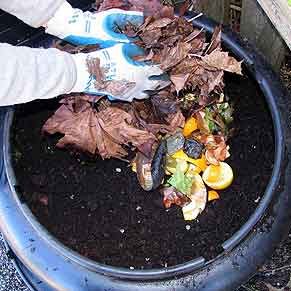
Food Waste
Every time you add food waste, cover it with yard waste.
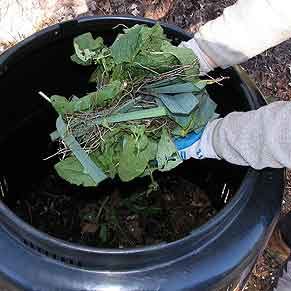
Plant Trimmings
Add plant trimmings from the garden.
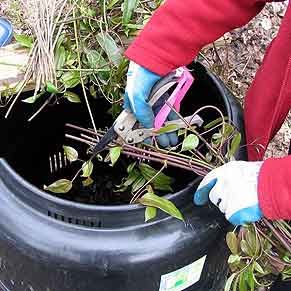
Cut Up!
Cut up all waste into small pieces so it will compost faster.
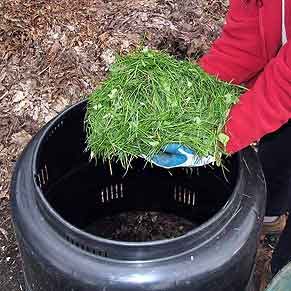
Grass
Add some grass. Leave most of your clippings on the lawn to decompose.
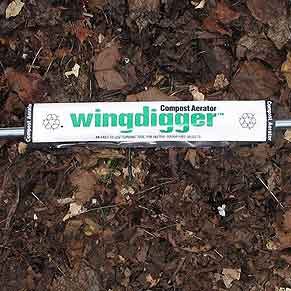
Air
Aerators provide air to the pile.
For more product tips and information on organic gardening, be sure to visit City Farmer.
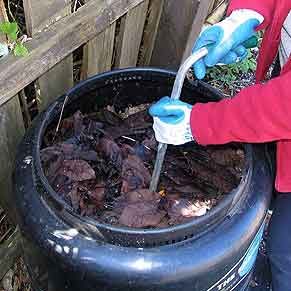
Aerator
Poke the pile with the aerator every few weeks.
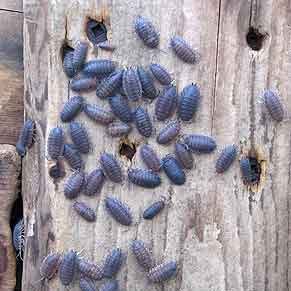
Bugs
Many bugs in the bin help break down the waste. For example, sow bugs.
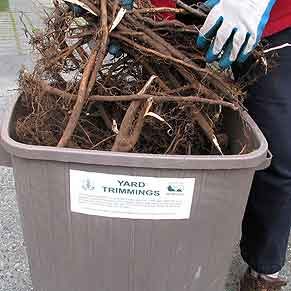
City Waste Bin
Large garden waste and pernicious weeds can go in the city’s yard waste bin.
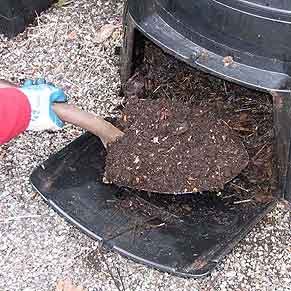
6 to 8 months
Open the composter and remove finished compost in six to eight months.
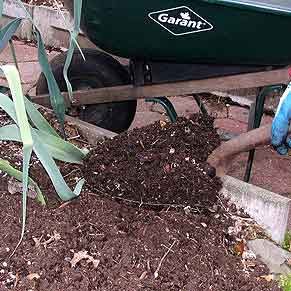
Improve the Soil
Add finished compost to garden beds to improve the soil.
For more news, tips and information on organic gardening, be sure to visit City Farmer.